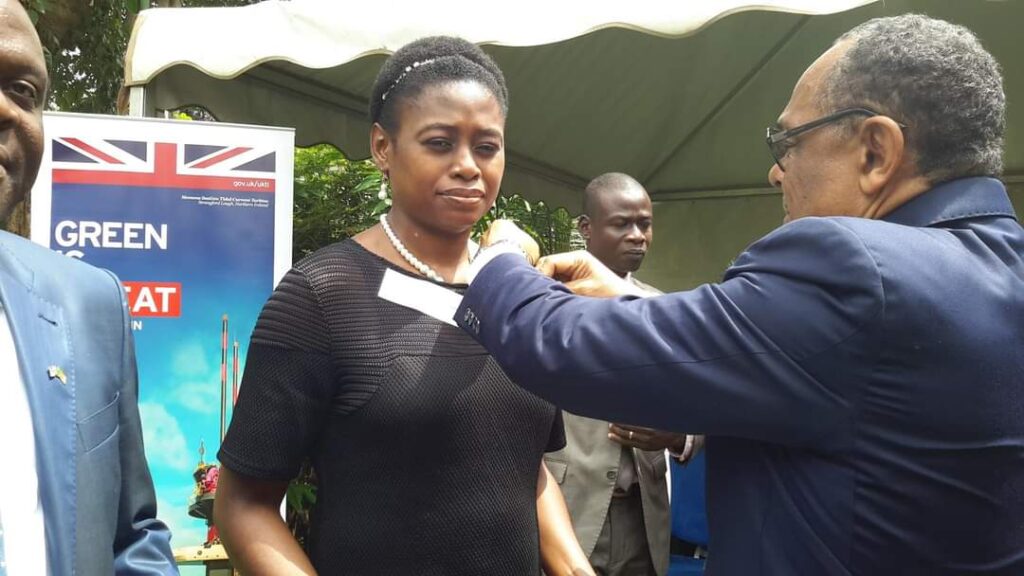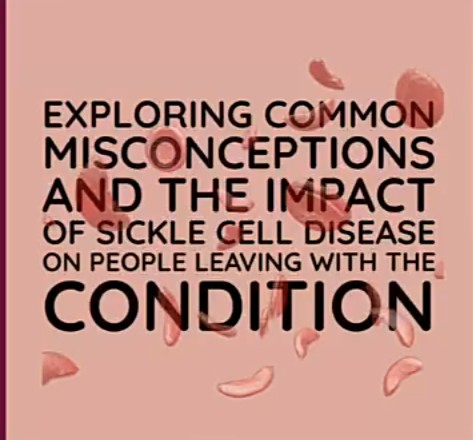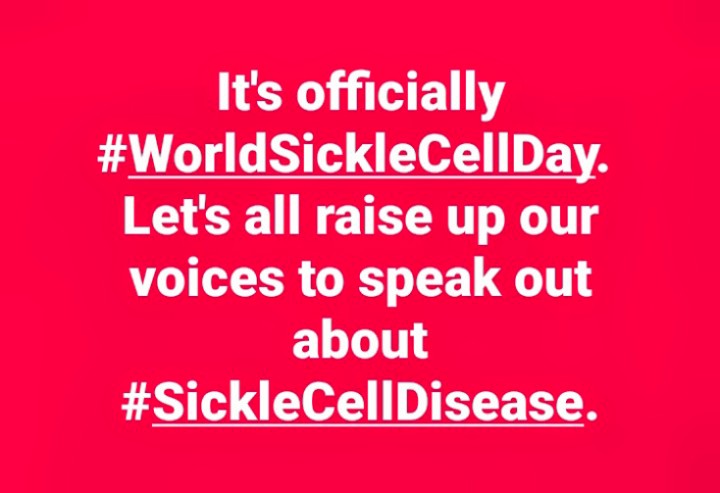Ayuk Besong Anne-Chantal is a communications specialist and a Global Sickle Cell Disease advocate. She is a mother. She lives with Sickle Cell Disease.
In this exclusive interview, Ayuk Besong elaborates on the significance and theme of World Sickle Cell Day celebrated on June 19, 2024. She also talks on her story with Sickle Cell Disease and her inspiring journey into the global sphere. She equally drums support to all sickle cell patients globally.
Read On……..
Ayuk Besong Anne-Chantal, Global Sickle Cell Ambassador, Receives State DecorationWhy do we celebrate World Sickle Cell Day?
June 19 is marked as World Sickle Cell Awareness Day, granting the opportunity to reflect on the current state of treatment, access, equity, and rights of patients living with sickle cell disease. But over the years it has also become a key moment for communication and education on Sickle Cell Disease (SCD) because of the skewed information mass audiences have on the disease. In this age and time where we have so much technology, as well as a time to reflect on the role of persons living with SCD in their communities and if their communities will permit them to take on those roles.
It is a significant day though many people do not yet know. This is so because for instance, the United Nations projects that by 2050, Africa’s population will reach close to 2.5 billion. Such a figure would mean more than 25 per cent of the world’s population will be African. Now Africa bears the burden of Sickle Cell disease, which means most patients are from Africa. Imagine if sickle cell awareness is not done in Cameroon, and in other African nations, that will mean a risk of more people with Sickle Cell being born and that means in the future, out of the more than 25% of Africans that will populate the world, many will have sickle cell disease. That will be a terrible future. This is just one example of why we need to celebrate World Sickle Cell Day.
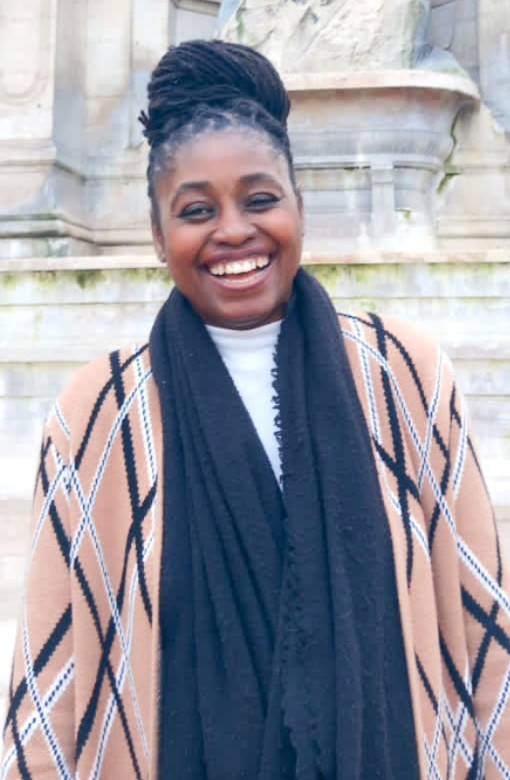
What is the theme of this year’s celebration?
The theme for this year’s celebration is “Hope through Progress: Advancing Care Globally”. This theme came about as a result of the recognition of the increasing global health impact of Sickle Cell Disease, socio-economic, infant and child morbidity and mortality resulting from the disease.
This theme also underscores the importance of unity, collective voices, and heightened awareness to reduce stigma and bring about meaningful change for the millions affected by sickle cell disease. You know in 2008 a resolution adopted by the United Nations General Assembly recognized SCD as a public health problem and ‘one of the world’s most important genetic diseases’. So, it is a day to be celebrated by all because anyone can be affected by it. They can be caregivers and their kids become parents of patients or their communities or nations plagued by it as many more babies can be born with it if people are not made to understand what sickle cell is and to check their genotype.
Sickle cell is a genetic red blood disorder. That means the children inherit it from both parents who carry the genes. It is inadmissible that in this era of technology, we still have marriages happening without compatibility tests being done; that nations like Cameroon do not have a dedicated newborn testing programme for sickle cell disease to be able to know the percentage of babies born with it so care can start early and that these future leaders, citizens, and workers, do not die early.
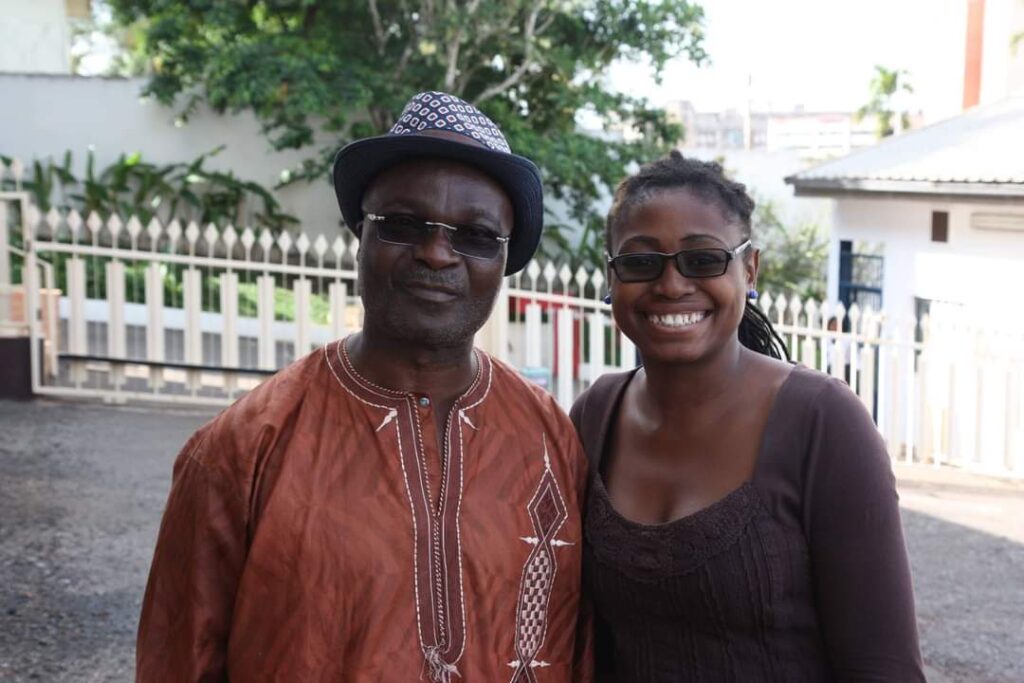
As a global sickle cell ambassador, we shall be grateful to know your story briefly.
I am the fifth child in a family of four sickle cell patients and three carriers.
I am one of the four patients. Living with Sickle Cell in Cameroon was tough then as access to medication was difficult, especially in the rainy season when some hospitals and pharmacies will not have medications because the cars with medicines cannot reach them.
There was also the socio-psychological hardship. All my life I faced rejection, be it openly or hidden because I have sickle cell. In schools there was stigma. That is why we need to raise awareness and educate even in schools about Sickle Cell so those ill will not be misunderstood and those healthy will learn to be empathetic and accept their peers as they are. Difficulties also continued in my professional life. You know people often feel that because we have sickle cell we are so weak. But that is wrong. We are not called warriors for nothing. People with Sickle cell can very well hold their own in a professional setting and thrive. The only thing is that they will not be able to thrive at the same pace as healthier people. For me, it was facing some colleagues who thought I could not meet the intense rhythm of work in a newsroom. But I proved them wrong. People with SCD like in my case can work and earn and contribute to taxes but they have to be assisted and given a chance. They need to be understood and not face rejection. It is very tasking and psychologically draining. Having to fight to have a place in career, in school, in love, in life, made me decide to advocate for SCD. So that other patients will learn from my experience and know how to live better even with SCD and know that they too deserve to be happy and have dreams and better lives.
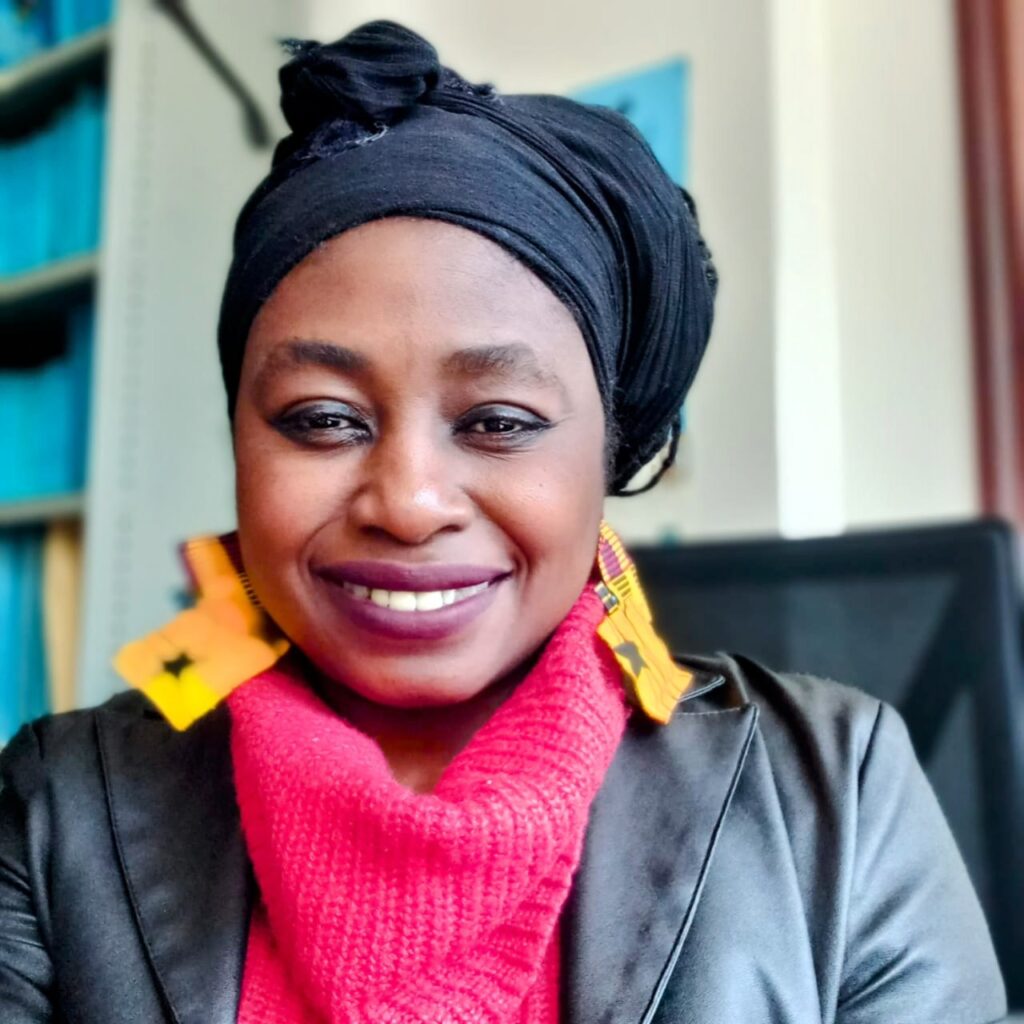
Now I work with Sickle Cell patient associates in and out of Cameroon. I am a member of SOuL Just Be, a group of patients who have decided to recount the other side of the sickle cell patients’ story, the one people don’t see, the one which shows resilience skills, etc. Because every patient is first and foremost a human being that God puts lots of skills and knowledge in.
How did you break the limitations and barriers of a sickle cell patient?
I had help from great parents who made me and my siblings understand that we were humans before being persons with Sickle cell. They made us know we had to learn to live in this world whether they stayed alive or not. They taught us to do everything a normal healthy person would do but at our own pace. So, I learned to do farm work and house chores, I trekked to school, etc. But I did all these with an understanding of my limits and learning not to push beyond them to avoid getting myself into a painful crisis. I use this opportunity to beg the parents of patients to love and help them. Resilience is best built at home.
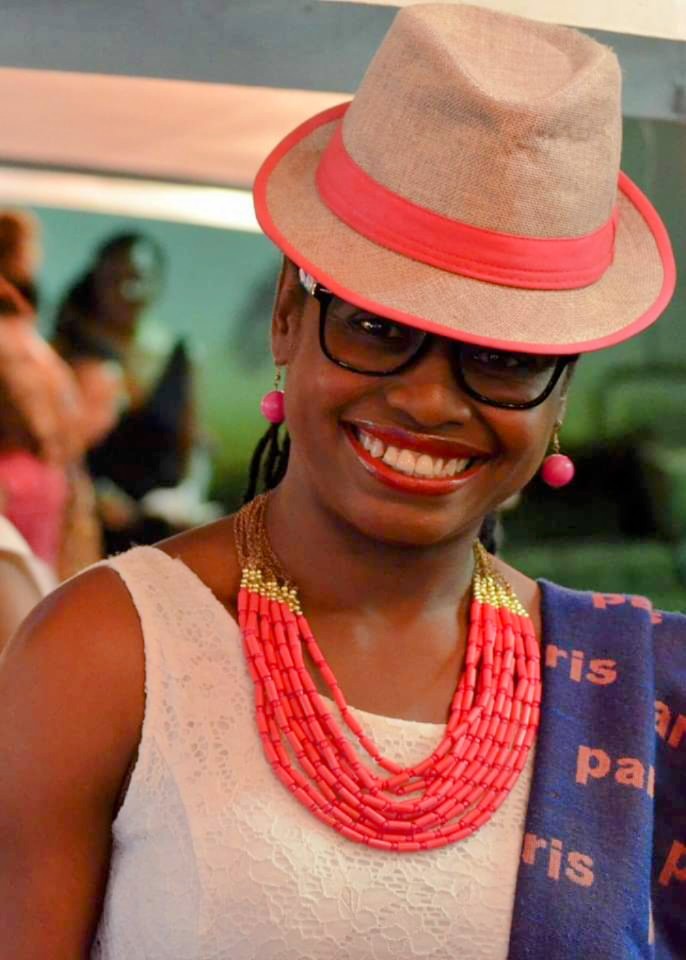
What special words do you have for sickle cell patients?
I will tell every patient to be themselves. Do not try to be like others. Love yourself and care for you. Learn your limits and triggers, then work hard during the safe periods and you will see how you thrive. Then teach people around you about your health condition. Don’t be an island. We can only stop the misconceptions around sickle cell disease when every sickle cell voice speaks up and educates those around them and most importantly when the SCD community works together. We need to stop competing among ourselves in the SCD community globally. We must work together if we want to succeed in advocacy.
How can we break the silence of sickle cell? Some people still consider it a taboo.
There is no taboo. If people can talk about all kinds of stuff. We need to talk about Sickle Cell in our homes and have biology courses that teach about it so children know about it early and learn to understand it. The media is needed too. You and I have to talk and do programmes to teach people about it. Employers need to understand what it is not so they do not chase away good workers because they are born with Sickle Cell Disease or are carriers of it.
What can the world do to support sickle cell patients?
Learn about what Sickle Cell Disease is and what it is not to show those living with it to be their patients or carriers their support and understanding. Leaders need to use this understanding to set policies that will permit persons with this red blood disorder to have access to care at all levels and to be free to grow and thrive without discrimination.
Any last word?
Yes, thank you for the chance to raise awareness about Sickle Cell Disease through your media organ. I pray to see the day more journalists, more media houses will work with patient associations to get more people, leaders, and policy members to understand the topic of sickle cell. Because this fight started before us all and if we want to come close to solving it even in a tiny measure, we need to work as one, everyone, every voice counts.
Interviewed by Olive Ejang




